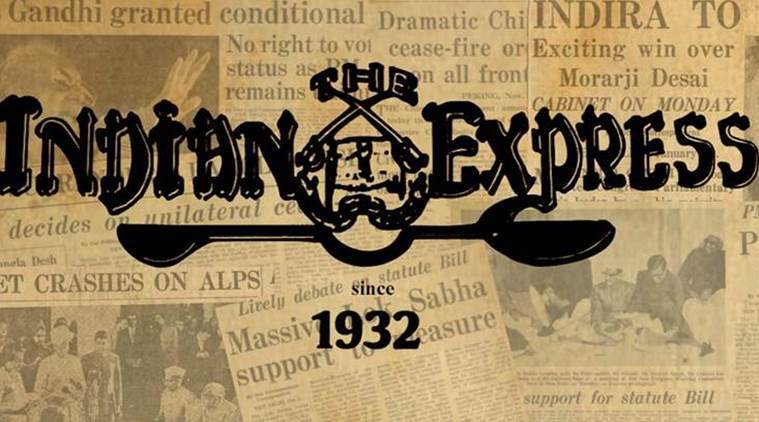 Delhi’s residents have been remarkably stoic, even when they have disapproved of the way the city’s authorities manage the environment.
Delhi’s residents have been remarkably stoic, even when they have disapproved of the way the city’s authorities manage the environment.
On Monday, Delhi High Court put on hold a project that requires the cutting of more than 14,000 trees to make way for a government officers’ housing complex in the capital. The two-judge bench was responding to a petition which argued that tree culling would worsen Delhi’s pollution problems. The events leading to the stay order, however, do not follow the recent script of the judiciary intervening in the interests of the environment. For all their troubles with bad air, Delhi’s residents have been remarkably stoic, even when they have disapproved of the way the city’s authorities manage the environment. Individual petitioners or NGOs, have, most often, ploughed a lonely furrow. But three days before Justices Vinod Goel and Rekha Palli delivered the stay order, environmental concerns took centrestage on the streets of Delhi in a new and unprecedented manner. Activists and hundreds of residents, including school children, hugged the trees threatened with the axe in South and Central Delhi. Social media and online signature campaigns went viral.
“Can Delhi afford the cutting of so many trees today?” The two-judge bench asked. The question has resonance beyond its immediate locale. As the country pursues its development goals, policymakers will increasingly be called upon to strike a balance between the imperatives of economic growth and conservation. This would require a lively political debate on the environment. However, while India has been at the forefront of international environmental deliberations for the past 10 years — including treaties on climate change and biodiversity — green issues are scarcely more than a token presence in the manifestos of political parties. The state of water bodies, sewage disposal and preservation of urban lungs have been matters of concern for at least two decades, but rarely has a political party turned them into election issues. Indian cities routinely end up among the worst performers in global pollution rankings. However, there is hardly ever an election campaign in which toxins in air — that affect the health of every voter — are discussed as volubly as the problems of inflation or joblessness.
Civil society activism has, in a few cities, tried to make up for this deficit. Bengaluru, for example, has had a vibrant movement to restore its water bodies. Waste management endeavours by resident welfare associations in Pune, Mysuru, Panaji and Alappuzha have shown the way for other Indian cities. But with political parties failing to be the catalyst for mainstreaming the environment, very few civil society activities transcend niche circles. Delhi’s environment minister, Imran Hussain, did address the city’s protestors. But the trading of charges between Delhi’s two political parties, the AAP and BJP, and their constant refrain that the issue should not be politicised, has once again thrown light on a familiar failure of politics in the country to make space for green issues.